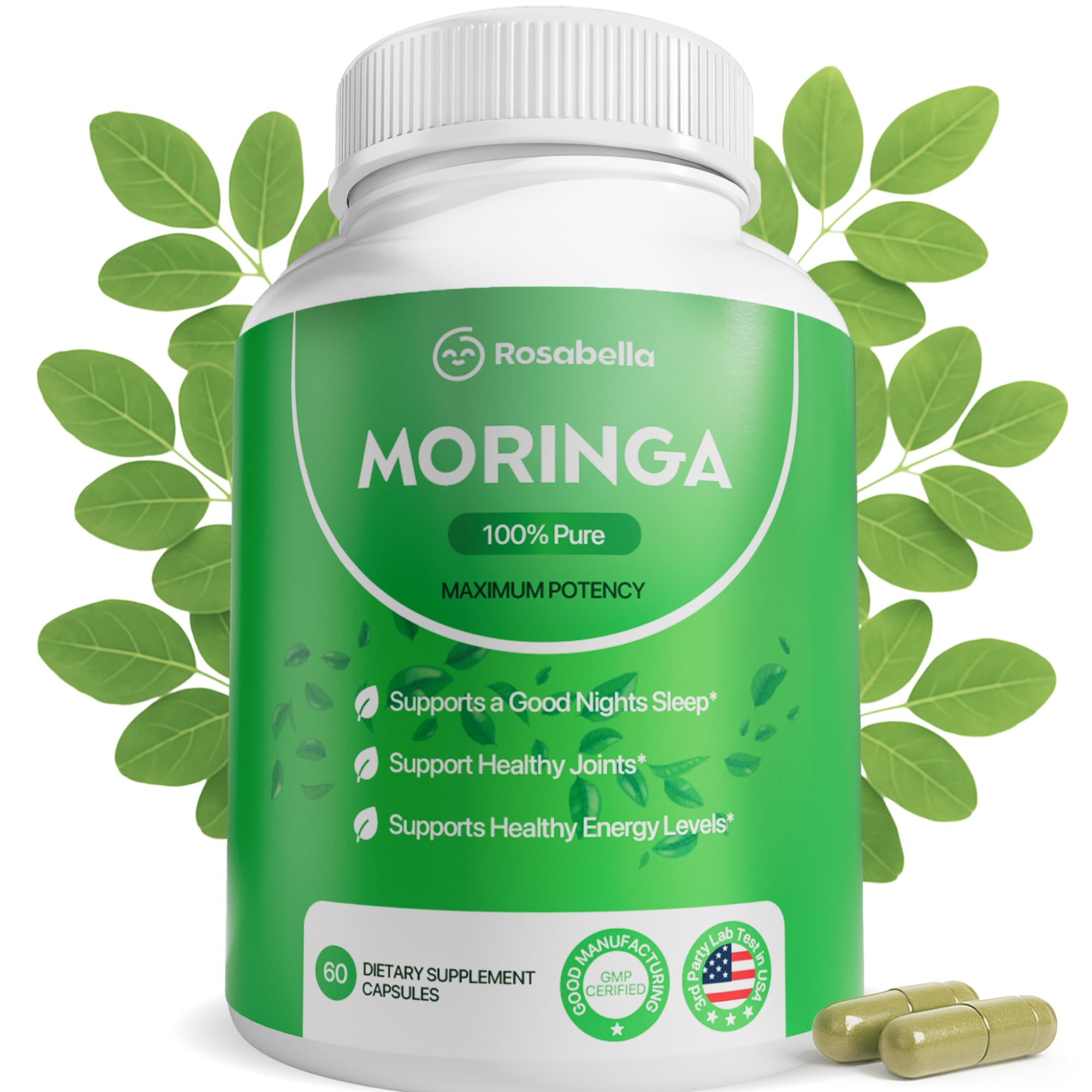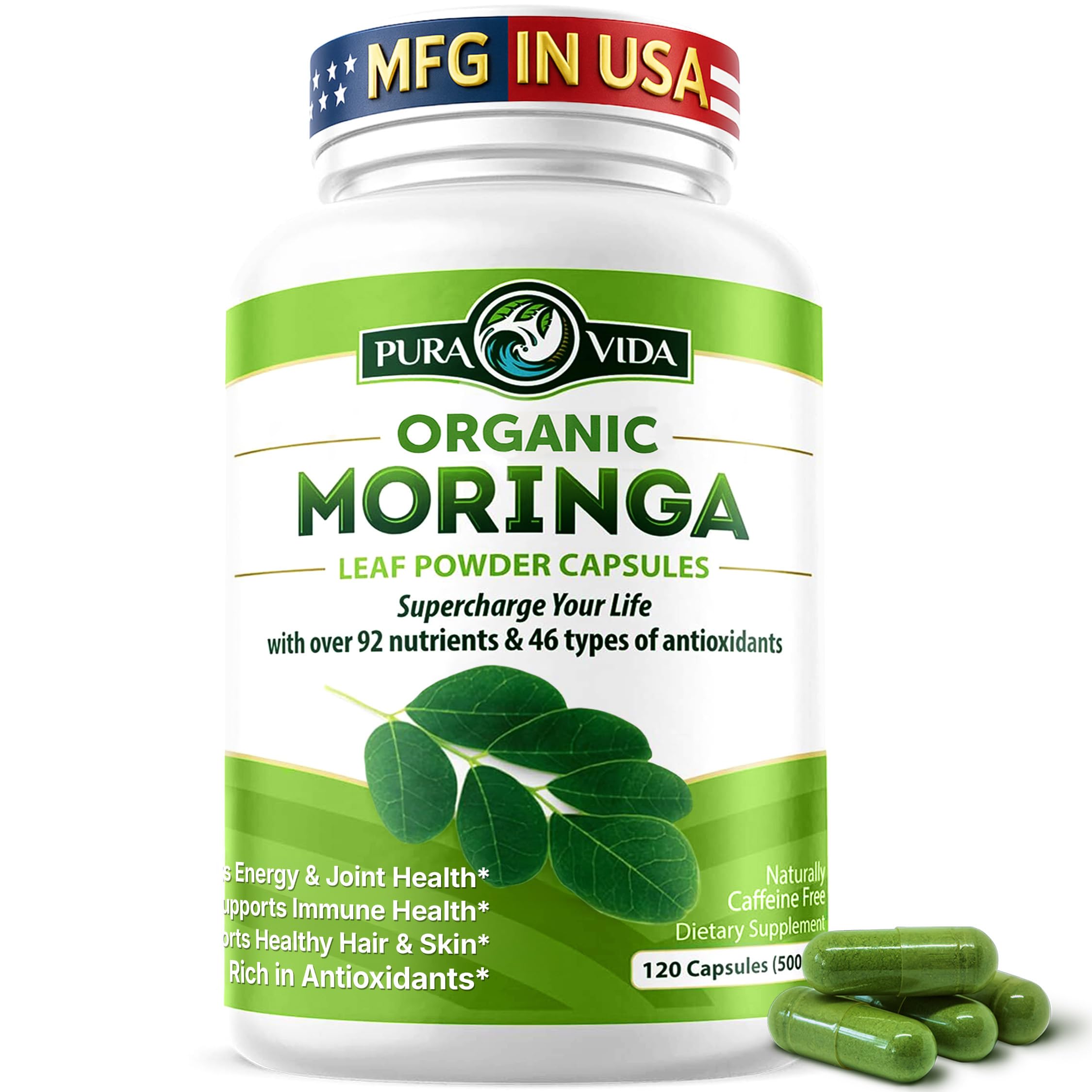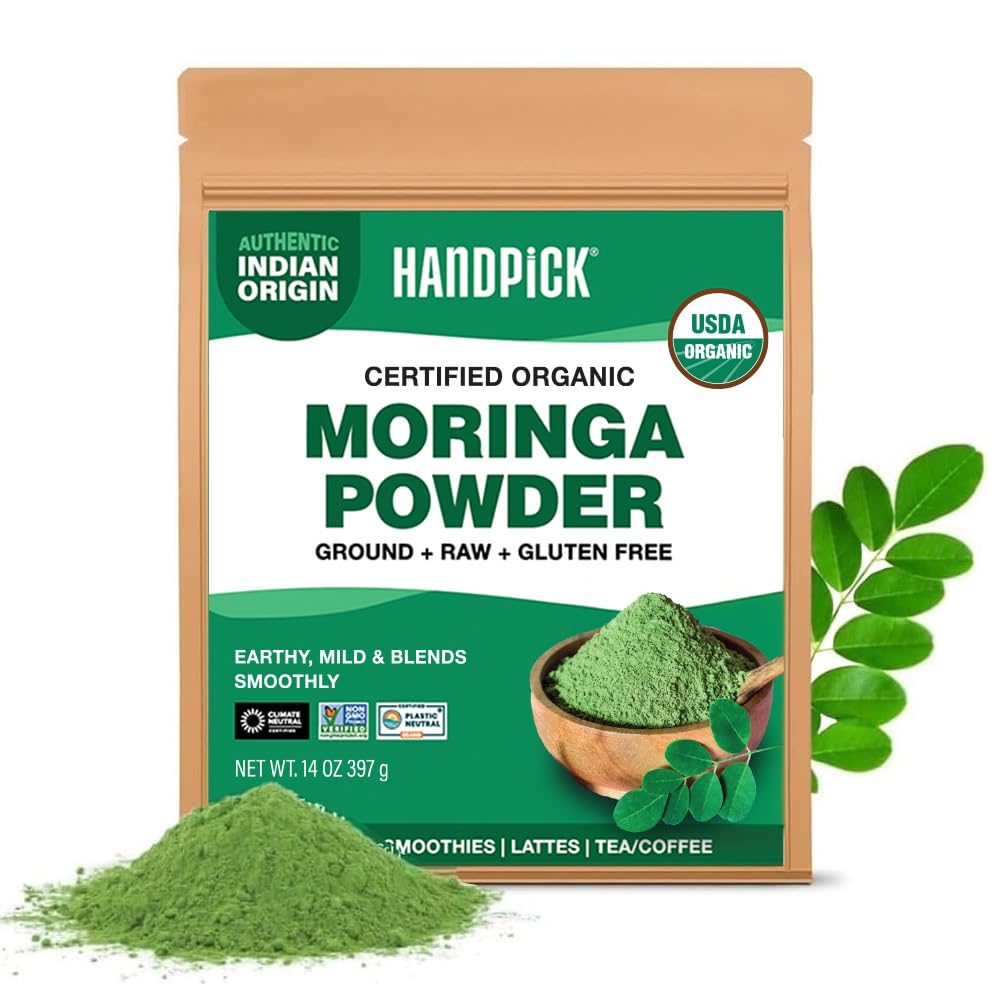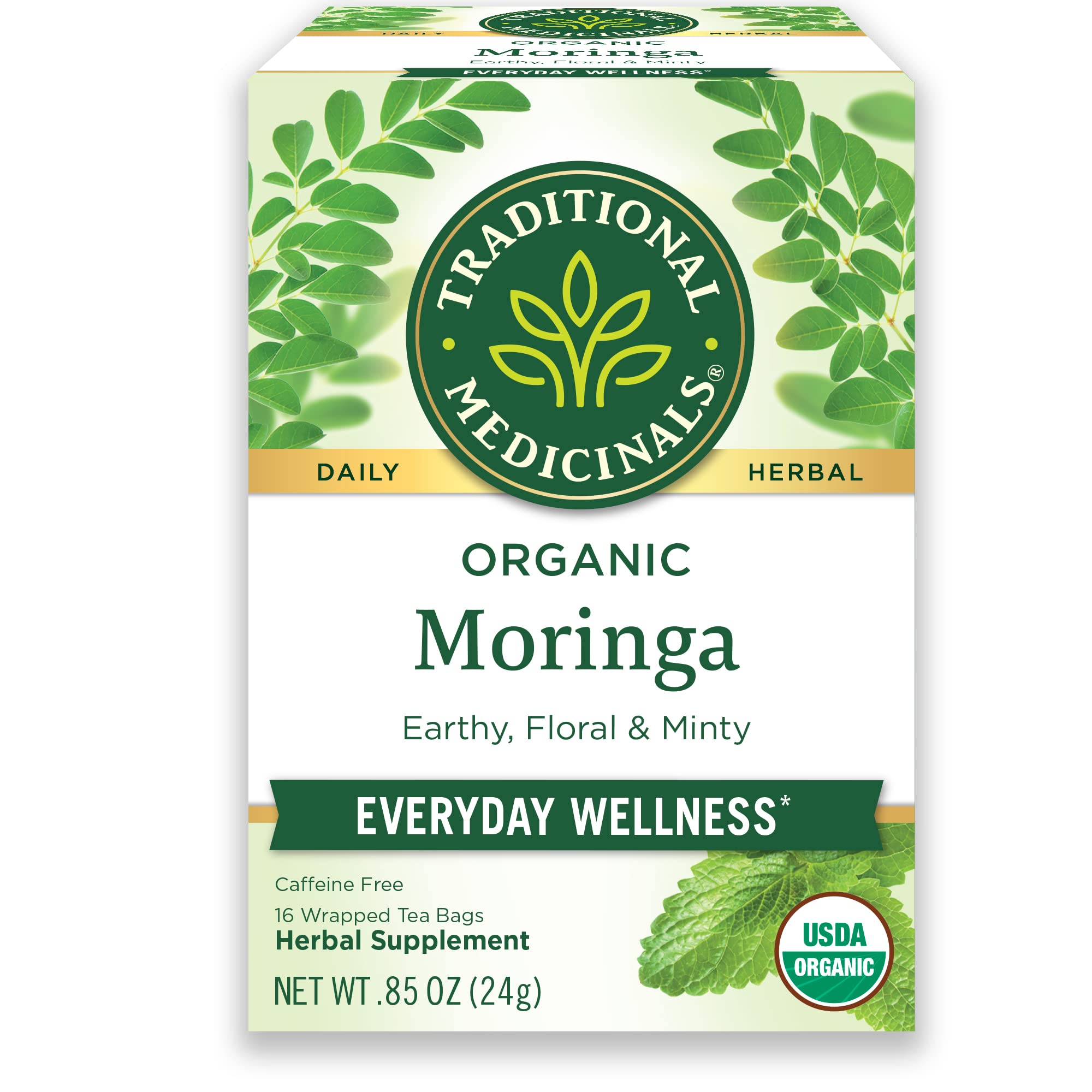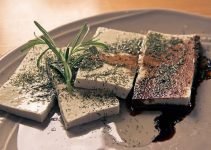Introduction to Moringa
Moringa oleifera, commonly known as the drumstick tree, horseradish tree, or miracle tree, is a plant native to South Asia but has been widely cultivated in tropical and subtropical areas around the world.
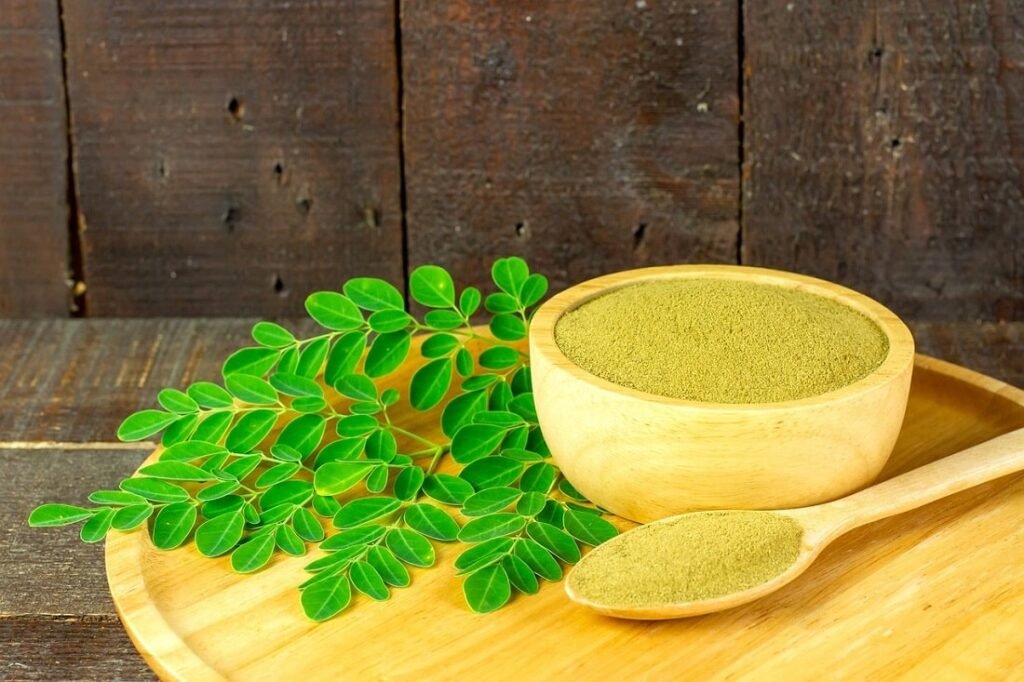
Renowned for its nutritional benefits, moringa leaves, pods, and seeds have been used in traditional medicine for centuries. The plant’s ability to grow quickly and resist drought makes it an essential resource in areas plagued by malnutrition.
In recent years, the popularity of moringa has skyrocketed globally, touted as a superfood due to its rich array of vitamins, minerals, and antioxidants.
During pregnancy, maintaining a balanced diet is crucial for the health of both the mother and the developing fetus. Moringa is often recommended for its high nutritional content, but it is important to consider both the benefits and potential risks associated with its consumption during this sensitive period.
Nutritional Profile
Moringa is exceptionally rich in vital nutrients that are often supplemented during pregnancy. The nutritional density of moringa leaves is noteworthy, providing substantial amounts of several key nutrients per 100 grams of fresh leaves:
- Vitamin A: About 378 μg of beta-carotene (Vitamin A can be critical for fetal development and immune function).
- Vitamin C: Approximately 51.7 mg, which is important for both the immune system and skin health.
- Calcium: Roughly 185 mg, essential for fetal bone and tooth development.
- Iron: Around 4 mg, crucial for preventing maternal anemia by aiding in the production of hemoglobin.
- Protein: Contains about 9.4 grams of protein, which includes all essential amino acids required for human health.
These nutrients contribute to moringa’s reputation as a superfood. The antioxidants present, such as quercetin and chlorogenic acid, not only support overall health but are also believed to help manage blood pressure and blood sugar levels.
For further detailed reading on the nutritional benefits of moringa, researchers and enthusiasts can refer to the article “Nutritional characterization of Moringa (Moringa oleifera Lam.) leaves” by Leone et al., published in the “African Journal of Biotechnology.”
Benefits of Moringa During Pregnancy
Moringa has several potential benefits for pregnant women due to its high nutrient density, which is critical for both maternal health and fetal development. Here are some specific benefits:
- Rich in Iron and Folate: Iron helps prevent anemia, a common issue in pregnancy, by increasing the red blood cell count. Folate is essential for preventing birth defects and aiding in the development of the fetal brain and spinal cord. Moringa leaves provide a natural source of these nutrients.
- High Calcium Content: Essential for the proper development of bones and teeth in the fetus, calcium also maintains maternal bone density during pregnancy.
- Supports Immune Function: The high vitamin C and other antioxidant content in moringa supports the immune system, which is often compromised during pregnancy.
- May Help Control Blood Sugar Levels: The chlorogenic acid in moringa can help moderate blood sugar levels, which is particularly beneficial as gestational diabetes can be a concern for many pregnant women.
A study conducted by the BMC Complementary Medicine and Therapies Journal in 2018 titled “Effect of Moringa oleifera consumption on diabetic rats” found that diabetic rats that were fed moringa showed significant improvement in blood glucose levels and overall health compared to those that were not given moringa. This suggests potential benefits for blood sugar regulation in humans as well, although further research is needed.
Safety and Precautions
While moringa offers many benefits, there are important safety considerations for pregnant women:
Avoid Moringa Seeds and Root: The seeds and root of the moringa plant may contain certain chemicals that can be harmful if consumed, especially during pregnancy. It is recommended to stick to the leaves or leaf-based products.
Moderation is Key: Despite its benefits, excessive consumption of moringa can lead to an overload of certain nutrients. It’s important to consume it in moderation and ideally, under the guidance of a healthcare provider.
Possible Drug Interactions: Moringa may interact with medications due to its potent effects on blood sugar and blood pressure. Pregnant women on any medications should consult with their doctor before adding moringa to their diet.
Quality of Moringa Products: The quality of commercial moringa products can vary. Pregnant women should look for products that are certified for purity and free from contaminants.
By addressing both the potential health benefits and safety considerations of consuming moringa during pregnancy, this article aims to provide a balanced view that can help expecting mothers make informed decisions.
Further research and consultation with healthcare providers are recommended to tailor individual dietary needs safely during pregnancy.
Recommended Dosage and Consumption Methods
The appropriate dosage of moringa can vary depending on the form in which it’s consumed. Typically, moringa leaves can be safely consumed in moderate amounts. Here are some common methods:
Moringa Leaf Powder: Adding 1-2 teaspoons of moringa powder to smoothies, juices, or teas is a convenient way to incorporate it into a daily diet.
Moringa Capsules: Take the recommended amount you find on the label of your supplement bottle, as dosage may vary.
Moringa Tea: Steeping dried moringa leaves in hot water for a few minutes makes a nutritious tea. One to two cups per day is generally safe.
Fresh Moringa Leaves: When available, fresh moringa leaves can be used similarly to spinach and added to salads or cooked dishes.
As always, it is important to consult with a healthcare provider to determine the right amount specific to individual health needs, especially during pregnancy.
Expert Opinions and Research
Healthcare professionals generally support the use of nutrient-rich foods like moringa as part of a balanced diet during pregnancy. However, due to the potent nature of moringa, medical advice is crucial before beginning any new supplement, particularly during pregnancy.
Research into moringa’s benefits for pregnant women is ongoing. For instance, a study published in the “Journal of Ethnopharmacology” examined the effects of moringa leaf extract on pregnant animals and found no adverse effects on maternal health. Although promising, human studies are needed to fully understand its safety and efficacy.
Top Picks
| Category | Product | Price | Score |
|---|---|---|---|
| 🏆 Best Metabolism Booster | tnvitamins Capsules | $7.29 | 90/100 |
| 💰 Best Immune Support | Rosabella Capsules | $22.09 | 85/100 |
| ⭐ Best Organic Quality | PURA VIDA Capsules | $23.99 | 88/100 |
| 🎨 Best for Recipes & Smoothies | HANDPICK Powder | $11.99 | 87/100 |
| 🔰 Best Herbal Tea Blend | Traditional Medicinals Tea | $5.32 | 89/100 |
| 🚀 Best Value Tea Bags | FGO Tea Bags | $17.67 | 84/100 |
| 💼 Best Eco-Friendly Tea | HANDPICK Tea Bags | $11.99 | 83/100 |
How We Chose The Top Moringa Products
We considered several important factors to help you find the ideal Moringa supplements: product quality, including purity and organic certification; customer feedback highlighting effectiveness and taste; value for money based on price and quantity; form preferences such as capsules, powders, or teas; and unique product benefits like metabolism support, immune boosting, or suitability for cooking and recipes. This approach ensures you get a range of options that cater to your health goals and lifestyle.
🏆 Best Metabolism Booster
tnvitamins Capsules
If you’re looking to boost your metabolism and add a natural supergreen to your routine, these tnvitamins Moringa Capsules might be just what you need. Each capsule packs a serious punch with 10,000mg of pure Moringa Oleifera leaf powder. They’re great for daily use, easy to swallow, and designed to support energy, digestion, immune health, and even your skin and joints.
Whether you’re starting your day or need a natural pick-me-up, these capsules fit nicely into any wellness plan without any fuss.
What People Say
People often mention how these capsules help with energy and digestion, making them feel more balanced throughout the day. Many appreciate the small capsule size and that they don’t have an off-putting taste. Reviews also highlight noticeable improvements in metabolism and skin health, with a good number of users feeling more vibrant and less sluggish after regular use.
Health Benefits at a Glance
| Benefit | Description |
|---|---|
| Boosts Metabolism | Helps increase your body’s natural metabolic rate to support weight management and energy levels. |
| Supports Immune System | Packed with vitamins and antioxidants that aid in strengthening your immune defenses. |
| Enhances Digestion | Aids in digestive health, helping your body absorb nutrients more efficiently. |
| Promotes Skin and Joint Health | Contains nutrients that support healthy skin, joints, and bones for overall wellness. |
Shelf Life
Typically, these capsules have a shelf life of around 2 years when stored in a cool, dry place away from direct sunlight.
Why You’ll Like It
- High potency with 10,000mg per capsule
- Supports metabolism, energy, and immune system
- Non-GMO and free from common allergens
- 120 capsules per bottle — roughly a four-month supply
- Capsules are easy to swallow with no strong taste
Current Price: $7.29
Rating: 4.5 (total: 2960+)
💰 Best Immune Support
Rosabella Capsules
You’ll find these Rosabella Moringa Capsules a solid addition to your daily routine if you want a natural way to boost your energy and support your immune system. Each serving delivers a potent 800mg of moringa leaves rich in essential vitamins and antioxidants, making it a gentle pick-me-up without the jitters coffee can give you. Whether you take them with breakfast or before a workout, they fit easily into everyday life, helping your skin stay radiant and your digestion feel more comfortable.
Plus, they’re vegan and free from fillers, so you know you’re getting just the good stuff.
What People Say
Lots of folks mention how these capsules give them steady energy throughout the day without any crashes, along with noticeable benefits for skin and digestion. Many find the capsules easy to take and appreciate that it’s a simple way to get a bunch of vitamins and antioxidants naturally. Reviews often mention feeling more balanced and supported overall, especially when juggling busy days.
Health Benefits at a Glance
| Benefit | Description |
|---|---|
| Supports Immune Health | Rich in antioxidants and vitamins that help strengthen your body’s defenses. |
| Natural Energy Boost | Provides gentle and sustained energy without caffeine jitters or crashes. |
| Improves Skin Glow | Nutrients promote healthier, more radiant skin over time. |
| Aids Digestive Comfort | Supports gut health and helps ease digestion for everyday wellness. |
Shelf Life
These capsules typically stay fresh for about 2 years when kept in a cool, dry spot away from sunlight.
What You’ll Love
- Packed with 27 essential vitamins and 46 antioxidants
- Helps boost natural energy without caffeine crashes
- Supports skin health, immunity, and gut comfort
- Easy-to-swallow vegan capsules with no fillers
- Manufactured in the USA and 3rd party tested
Current Price: $22.09
Rating: 4.3 (total: 9,622+)
⭐ Best Organic Quality
PURA VIDA Capsules
If you’re looking to add a clean, organic superfood to your daily routine, these PURA VIDA Moringa Capsules are worth considering. They’re sourced from a single origin in the volcanic foothills of South America, which means the soil packs in extra nutrients that get preserved with gentle processing. Taking these feels like getting the purest form of Moringa, with no fillers or weird additives—just natural leaf powder in capsule form. Whether you pop them in during a busy morning or as part of your wellness routine, they’re easy to take and help you support energy, metabolism, and immunity in a simple, organic way.
What People Say
People often highlight how these capsules give them a clean energy boost without any jitters or upset stomach, which makes them easy to stick with. Lots of users also appreciate the organic sourcing and purity, saying it’s nice to know exactly what’s inside.
The capsules have a reputation for helping with overall well-being and some even mention benefits like joint support or mild pain relief. Some notice the taste if a capsule breaks, but it’s rarely a big deal. Overall, folks find these a reliable and natural addition to their health routine.
Health Benefits at a Glance
| Benefit | Description |
|---|---|
| Boosts Natural Energy | Provides a gentle, sustained lift to keep you active without caffeine crashes. |
| Supports Metabolism | Helps your body process nutrients efficiently to support daily vitality. |
| Enhances Immune System | Rich in vitamins and antioxidants that help keep your defenses strong. |
| Promotes Joint Comfort | May ease minor aches and support healthy joints with regular use. |
Shelf Life
Keep these capsules in a cool, dry place away from sunlight; they usually stay fresh for around 2 years.
Why You’ll Like Them
- Certified organic and single-origin for top quality
- Grown in nutrient-rich volcanic ash soil for extra potency
- Pure Moringa leaf powder with no fillers or additives
- Supports energy, metabolism, and your immune system
- Easy-to-swallow capsules that fit smoothly into your day
Current Price: $23.99
Rating: 4.4 (total: 11,382+)
🎨 Best for Recipes & Smoothies
HANDPICK Powder
You can easily add this vibrant green Moringa powder to just about anything, from your morning smoothie to soups or even baked goods. Its mild but distinct vegetal taste brings a nice little boost of nutrition without overpowering your dishes.
Whether you’re mixing it into oatmeal or stirring up a fresh herbal tea, it’s super easy to include in your day. Plus, the fact that it’s USDA Organic and sourced straight from India gives it that authentic feel, making it a friendly addition to your health and kitchen routines.
What People Say
Most folks enjoying this Moringa powder rave about how fresh and pure it tastes, making it easy to mix into all kinds of drinks and recipes without weird aftertastes. People appreciate its authentic Indian origin and organic certification, which adds trust and value.
Many mention how it’s a great, affordable way to up their nutrition game, especially in smoothies and teas, and the eco-friendly packaging gets a thumbs up too.
Health Benefits at a Glance
| Benefit | Description |
|---|---|
| Rich in Antioxidants | Helps protect your cells by fighting free radicals, keeping you feeling fresh. |
| Supports Immune Health | Packed with vitamins and minerals that aid your body’s natural defenses. |
| Boosts Energy Naturally | Gives you a gentle lift without caffeine jitters, perfect for any time of day. |
| Promotes Healthy Digestion | Offers vitamins and fiber that support smooth digestion and gut comfort. |
Shelf Life
Store it in a cool, dry spot away from sunlight and moisture, and it should keep fresh for about 1 to 2 years.
Why You’ll Like It
- Certified USDA Organic and non-GMO for clean quality
- Bright green powder with a fresh, earthy flavor
- Versatile for smoothies, teas, sauces, and baking
- Gluten-free and free from artificial additives
- Ethically sourced and supports sustainable practices
Current Price: $11.99
Rating: 4.6 (total: 14,644+)
🔰 Best Herbal Tea Blend
Traditional Medicinals Tea
This tea mix offers a nicely balanced way to enjoy moringa’s benefits with the added fresh flavors of spearmint and sage. It’s a great choice whether you want a calming moment during your busy day or a soothing drink to wind down in the evening.
You can easily steep a bag for a quick health boost or share it during a relaxed catch-up with friends. Plus, the organic and ethical sourcing means you can feel good about what you’re sipping.
What People Say
People often mention how flavorful and smooth this tea is, appreciating the natural blend of moringa with minty and herbal hints. Many like that it’s caffeine free but still energizing in a gentle way. Reviews highlight the quality and ethical sourcing, plus how easy it is to incorporate into daily routines for a comforting wellness boost.
Health Benefits at a Glance
| Benefit | Description |
|---|---|
| Antioxidant Rich | Helps protect your body from everyday stresses and supports overall wellness. |
| Supports Immune System | Contains nutrients that contribute to your body’s natural defenses. |
| Caffeine Free | Allows you to enjoy a soothing cup anytime, no worries about sleep disruption. |
| Promotes Relaxation | The calming blend of sage and spearmint helps you unwind and feel balanced. |
Shelf Life
Keep your tea in a dry, cool place away from strong odors. It stays fresh for about 1 to 2 years.
Why You’ll Like It
- USDA Organic with ethical sourcing for quality you can trust
- Refreshing mint and sage flavors complement moringa’s earthy notes
- Compostable tea bags for an eco-friendly choice
- Caffeine free to enjoy anytime without the jitters
- Certified B Corp supporting sustainable practices
Current Price: $5.32
Rating: 4.6 (total: 1,985+)
Conclusion and Recommendations
Moringa is celebrated for its dense nutritional content and potential health benefits. For pregnant women, it offers a natural source of vitamins and minerals that are important during pregnancy.
However, like with any supplement, it is essential to use moringa cautiously. Pregnant women should particularly avoid the seeds and root of the plant and ensure they are consuming high-quality, contaminant-free products.
Consultation with healthcare providers is recommended to appropriately integrate moringa into a pregnancy diet and to ensure it complements the nutritional needs without exceeding recommended limits. This balanced approach will help maximize the benefits while minimizing any potential risks.
By covering the full spectrum of topics related to moringa consumption during pregnancy, this article aims to provide a thorough overview that aids expecting mothers in making well-informed dietary choices.


